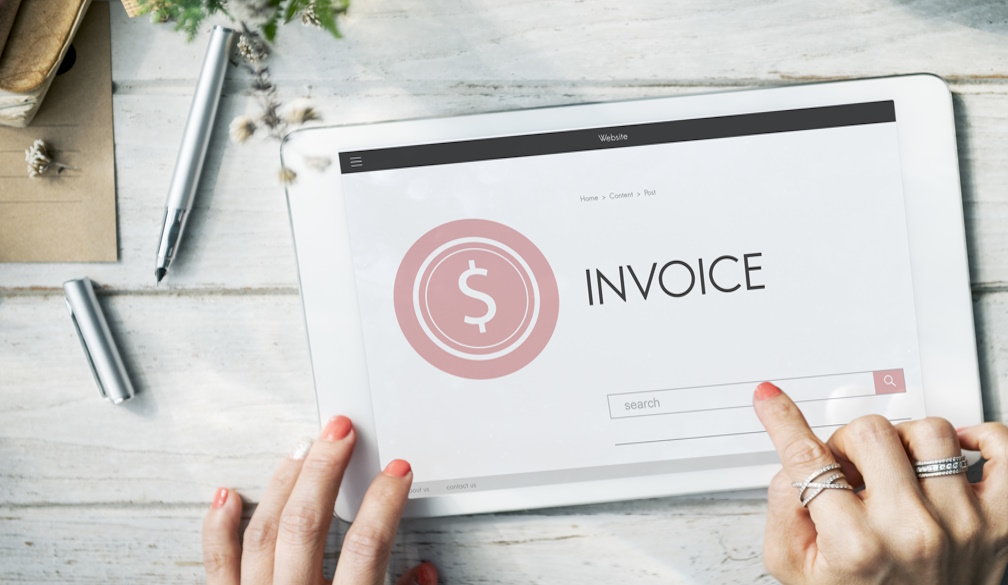Why Invoicing Software is Essential for Freelancers and Entrepreneurs

For freelancers and entrepreneurs, time is money—quite literally. Every hour spent manually creating invoices, chasing payments, or reconciling financial records is an hour taken away from doing billable work or growing the business. In today’s fast-paced digital economy, efficiency, accuracy, and professionalism are vital. This is where invoicing software becomes not just a convenience but a necessity.
Whether you're a graphic designer working with international clients or a startup founder juggling multiple contractors and customers, invoicing software streamlines a vital part of your business operations. Here’s why it's essential for freelancers and entrepreneurs.
1. Saves Time and Boosts Efficiency
Freelancers and small business owners wear many hats—sales, service delivery, customer support, and accounting, just to name a few. Manual invoicing using spreadsheets or word processors can take up a significant portion of time, especially if you're dealing with multiple clients, different billing rates, or various currencies.
Invoicing software automates much of this work. You can quickly create professional invoices using pre-made templates, auto-fill client details, set up recurring invoices for regular clients, and send them out with just a few clicks. Some platforms even track time or integrate with project management tools, making it easier to bill for every hour worked accurately.
2. Ensures Timely Payments
One of the most frustrating aspects of freelancing or running a business is waiting on late payments. Invoicing software can help reduce this issue significantly. Many invoicing platforms come with built-in features like:
- Automated payment reminders to nudge clients before or after the due date.
- Online payment integration (e.g., Stripe, PayPal, credit cards) so clients can pay you directly from the invoice.
- Payment tracking, so you always know which invoices are paid, pending, or overdue.
The convenience and professionalism of these tools encourage faster payments, improving your cash flow and financial stability.
3. Enhances Professionalism
Appearance matters—especially in business. A clean, well-designed invoice shows that you take your work seriously. It communicates reliability, credibility, and trustworthiness.
Invoicing software allows you to create branded invoices that reflect your business identity. You can add your logo, adjust fonts and colors, and present a consistent, polished image to your clients. Instead of sending a generic, amateur-looking invoice, you're presenting yourself as a serious professional worthy of long-term collaboration.
4. Reduces Errors and Improves Accuracy
Manual invoicing is prone to human error, especially when it comes to calculating totals, applying taxes, or entering client data. Even a small mistake can result in undercharging, overcharging, or disputes with clients.
Invoicing software automates these calculations, ensuring that taxes, discounts, and totals are accurate every time. Some tools also include tax settings specific to your country or region, helping ensure compliance with local laws.
By reducing errors, you not only maintain accurate records but also build better relationships with your clients.
5. Provides Insightful Financial Tracking
As a freelancer or entrepreneur, having a clear understanding of your income and outstanding payments is crucial. Invoicing software offers dashboards and reporting features that allow you to:
- View total earnings over time.
- Track client payment history.
- See which invoices are overdue.
- Analyze trends in your revenue.
With this data, you can make informed decisions, whether it's about raising your rates, cutting expenses, or forecasting income for upcoming months. Many invoicing tools also let you export reports, making it easy to share with your accountant or use for tax filing.
6. Simplifies Tax Preparation
Tax season can be stressful, especially when you’re trying to gather all your invoices and payment records. Invoicing software helps streamline the process by:
- Categorizing income and tax amounts.
- Generating tax summaries and exportable reports.
- Keeping a clean, organized record of every transaction.
Some platforms even integrate with accounting software, making it seamless to transfer data for filing. This can save hours of manual data entry and reduce the likelihood of costly errors.
7. Scales With Your Business
As your client base grows, managing invoices manually becomes increasingly difficult. Invoicing software scales with your needs. Whether you're handling ten invoices a month or a hundred, the platform can manage the load without sacrificing efficiency.
Additionally, many tools offer features like multi-currency support, automated workflows, and team accounts—making them suitable not only for solo freelancers but also for growing businesses and startups.
8. Integrates With Other Business Tools
Modern invoicing software often integrates with other essential tools you may already use—project management platforms, CRMs, time tracking software, or accounting programs. This connected ecosystem helps streamline your operations and ensures that billing, time tracking, and financial reporting all flow together seamlessly.
Such integration reduces the need for manual data entry and improves consistency across your business tools.
Conclusion
In today’s digital world, freelancers and entrepreneurs need to work smarter, not harder. Invoicing software is more than just a tool for sending bills—it’s a central part of your business infrastructure that helps you save time, get paid faster, maintain professionalism, and stay financially organized.
Investing in a reliable invoicing solution allows you to focus on what you do best—creating, innovating, and growing your business—while the software handles the back-end admin. Whether you’re just starting out or scaling to new heights, invoicing software is an essential partner in your journey to success.





















